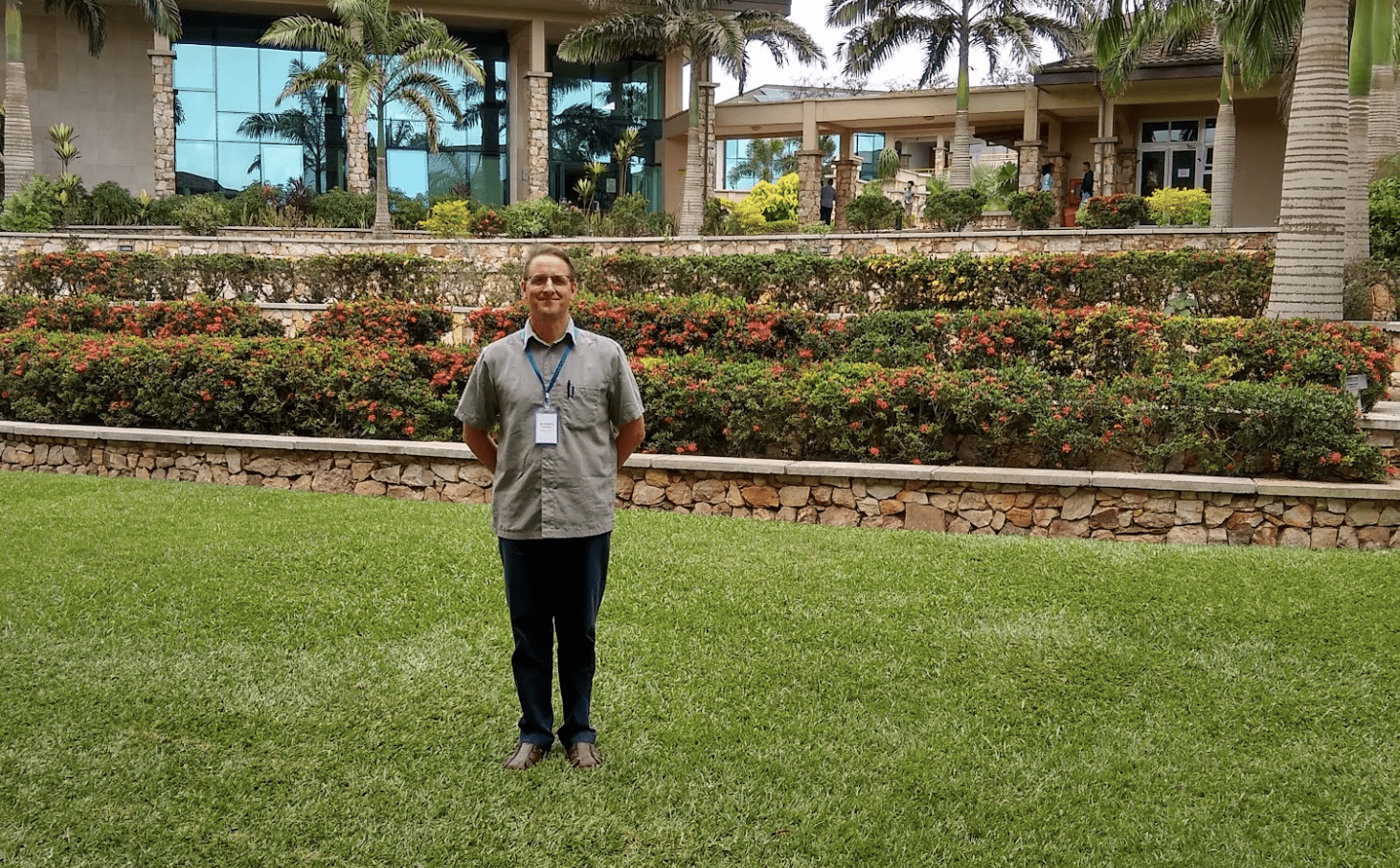
1. For those who may be unfamiliar with you and your work, can you share a little bit about yourself, your research interests at UMD, and the scope of your Fulbright(s)?
I do research on the provision of public services covering health, education and extension in rural areas of Africa. I teach AREC 365: World Hunger Population and Food Supplies, which is a large General Education course at UMD.
2. What inspired you to start this process of becoming a Fulbright participant? What was your process in approaching the application?
I decided that the textbook and the way I taught the course was too U.S. focused. What should the U.S. do? What should rich people do, etc? So I wanted to teach the course to university students in Africa and see what they thought of the material. I identified a university that would let me teach a new course (which is not easy to do in the Fulbright format) and applied for a teaching Fulbright there for a year.
3. In 2022, the university released their new strategic plan, Fearlessly Forward. One of its core tenets is to take on the world's grand challenges. In what ways did your work contribute to supporting this mission?
Well, I did my Fulbright in 2019-2020, so this is a bit of reverse engineering, but the direct connection of my work is Food Security and Global Health. Using technology and informed policy to improve the lives of the 800 million people who are undernourished today.
4. What was the most surprising thing you found in your research and scholarship?
The students at the university I taught at had never been told that they, their families or their country had any international responsibilities. They were surprised to learn that the course was designed to help them know how to help, given that they had not previously thought they should help. But they loved the idea and rose to the challenge.
5. How do you plan to carry forward what you learned and the relationships you formed while abroad?
I rewrote the textbook based on their comments on my material, so students at UMD today continue to benefit from what I learned from the students in Ghana. I maintain strong connections with fellow faculty at the university and am working to increase the number of graduate students who apply to our program from Ghana and Africa more broadly.
6. For other Terps that are interested in becoming Fulbright participants, what advice do you have for them?
I suspect the Africa program is different than in other countries. If you are partnering with an African university, understand that they do not have the same degree of flexibility that you have come to expect at UMD. Course loads are much higher and faculty are required to teach pre-approved courses with pre-set grading schemes. Expect your greatest experiences to come from collaborating with other faculty at the university.
_____
Visit our Fulbright Scholars gallery to meet our fearless scholars engaging with the world. For general program information and application guidance, visit our "How to Fulbright at Maryland" section at the bottom of the page. Interested in applying for your own Fulbright, or want to learn more about the program? Email UMD’s Fulbright U.S. Scholars liaison Scholten@umd.edu.
